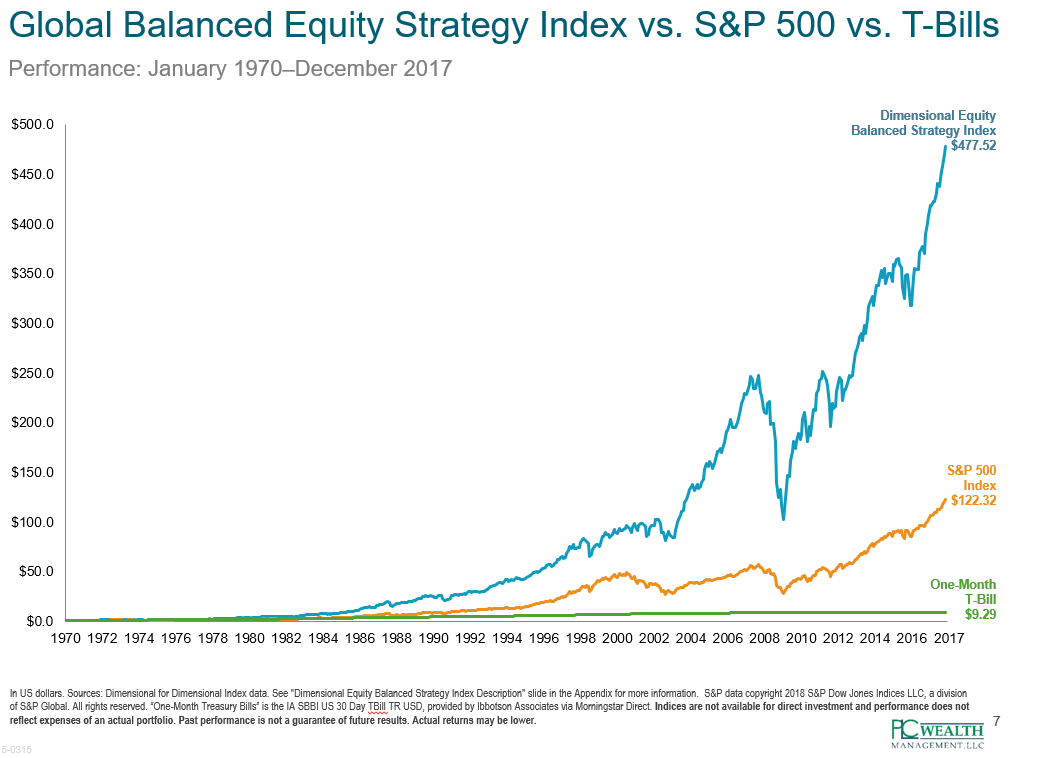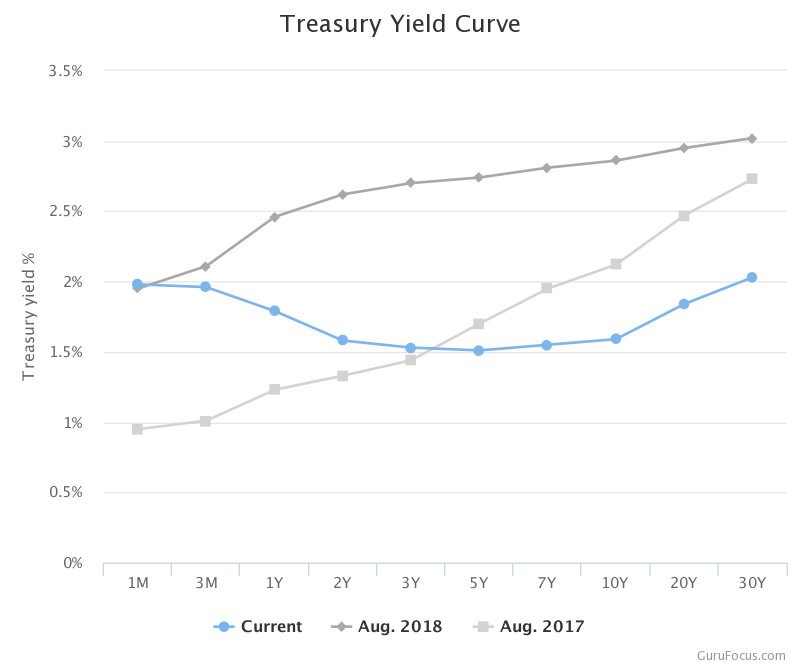If there’s a message to take from 2023 markets, it is this: Timeless wisdom best informs timely decisions.
Here’s how Morgan Housel describes the same in his new book, “Same as Ever.”
“The typical attempt to clear up an uncertain future is to gaze further and squint harder—to forecast with more precision, more data, and more intelligence. Far more effective is to do the opposite: Look backward, and be broad. Rather than attempting to figure out little ways the future might change, study the big things the past has never avoided.”
Following are a few timeless tenets that offer timely investment insights for the year ahead.
There’s Never a Good Time to Time the Market
Perhaps most obviously, last year demonstrated how randomly—and rapidly—markets can move. As The Wall Street Journal reported at year-end:
“Almost no one thought 2023 would be a blockbuster year for stocks. They could hardly have been more wrong.”
Another financial journal observed:
“What was supposed to go up went down, or listed sideways, and what was supposed to go down went up — and up and up. The S&P 500 climbed more than 20% and the Nasdaq 100 soared over 50%, the biggest annual gain since the go-go days of the dot-com boom. … ‘I’ve never seen the consensus as wrong as it was in 2023,’ said Andrew Pease, the chief investment strategist at Russell Investments.”
Many financial pundits offered elaborate explanations for the year’s fortunes, and why (in hindsight) their projections were so far off. While their reasons may be accurate, the implication is, were it not for this, that, or the other thing, their forecasts would have been correct.
The problem is, there’s almost always “this, that, or the other thing” going on in this big, busy world. Thus, it really should come as no surprise that routine surprises regularly randomize the market’s next moves.
We’ve known this for years—since at least 1973, when Burton Malkiel published the first edition of “A Random Walk Down Wall Street.” Even after 50 years, Malkiel’s message represents one of the most timeless truths explaining why we don’t try to time market trends.
Beware of Catchy Catchphrases
In 2023, just seven stocks within the S&P 500 Index explained almost two-thirds of the index’s total annual gains. Their striking performance scored them the catchy title, “Magnificent Seven.”
What should we expect for this star lineup in the coming year? Search today’s popular press, and you’ll find timely tips galore on whether to bulk up on more magnificence, or sell while the selling is good. Forecasts hinge on the usual suspects: Whether inflation rises or falls, a recession lands or recedes, technologies advance or retreat, and so on.
Taking a more timeless view, we would suggest being wary of celebrated stocks bearing trendy titles. Chasing after stellar returns with their own nicknames may work for a while. But eventually, one of those “surprises” tends to come along, turning once-hot stocks into cold plays.
Which brings us to our next timeless tenet.
Diversification Is Perennially Prudent
Viewing 2023 up close, there may be a temptation to chase after the market’s recent winning streak, bulking up on more of that which has been so pleasantly surprising of late.
Zooming out, our perspective remains unchanged: Maintain a globally diversified portfolio, tailored for your needs. Treat an allocation to the Magnificent Seven (and the next trend, and the one after that) as one of many “pistons” powering the market’s perennial growth. But pair it with effective diversification, to temper the inevitable upsets that await us in the year(s) ahead.
In this spirit, I wish you a well-diversified investment portfolio in 2024, along with abundant concentrations of health, happiness, and harmonious well-being for you and yours.















